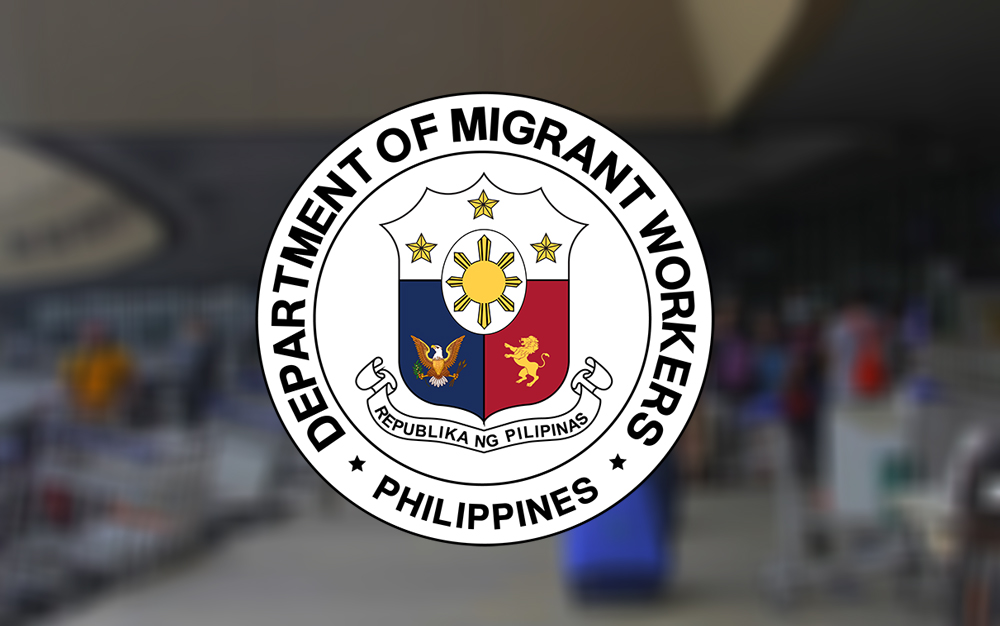
By Marita Moaje | Philippine News Agency
The Department of Migrant Workers (DMW) has introduced new guidelines to implement its whitelisting policy, aimed at enhancing the protection of overseas Filipino workers (OFWs), particularly those in high-risk sectors.
The policy ensures that only recruitment agencies with proven track records are authorized to deploy domestic and other vulnerable workers abroad.
“With this whitelisting, we ensure that only agencies with a strong track record are allowed to deploy domestic workers,” Migrant Workers Secretary Hans Leo Cacdac explained during a press briefing on Thursday.
The guidelines, outlined in Memorandum Circular 4, series of 2024, were presented by DMW Undersecretary for Licensing and Adjudication Bernard Olalia.
He said the policy is part of the department’s ongoing efforts to protect the rights, safety, and welfare of Filipino migrant workers.
“Whitelisting acts as a safeguard, ensuring that the deployment of OFWs, especially domestic workers and those in vulnerable positions, upholds their rights and well-being,” Olalia said.
Under the whitelisting system, recruitment agencies must meet specific standards to qualify.
The policy aims to create a regulatory framework that holds agencies accountable, allowing only those with ethical practices and a history of complying with worker protection laws to deploy workers.
Further steps to protect OFWs’ welfare
The guidelines require private recruitment agencies (PRAs) and foreign recruitment agencies (FRAs) to implement measures to protect the rights of migrant workers.
This includes appointing welfare desk officers in recruitment agencies to monitor the safety and well-being of deployed workers.
“Any licensed PRA or FRA found violating the DMW’s standards will face disciplinary actions, including potential removal from the whitelist,” Olalia said.
The policy also cites the need for fair and ethical recruitment practices.
Foreign agencies are required to provide favorable working conditions and ensure gender-responsive staffing.
This initiative aims to combat abuses, such as human trafficking and exploitation, by holding recruitment agencies to high ethical standards.
A total of 432 licensed PRAs and 573 FRAs are on the whitelist for the deployment of Filipinos to Saudi Arabia, while 183 PRAs and 184 FRAs have been approved for deploying Filipinos to Kuwait.
The DMW plans to extend this system to other major labor markets, including the United Arab Emirates and Qatar.
Cacdac underscored the importance of the whitelisting system, which was first proposed by the late DMW secretary Susan “Toots” Ople.
